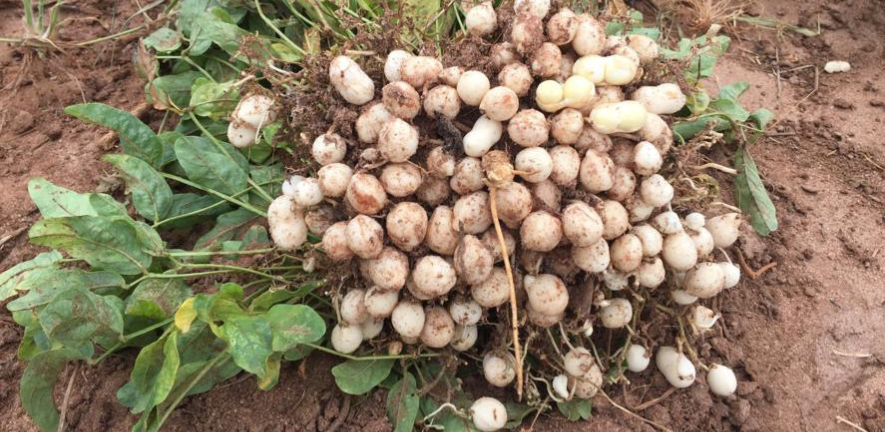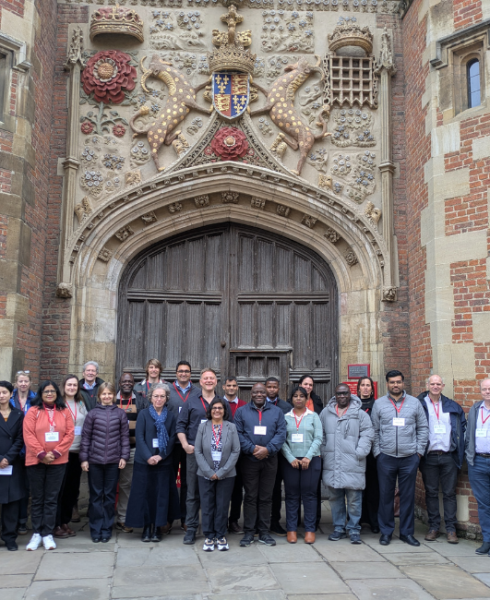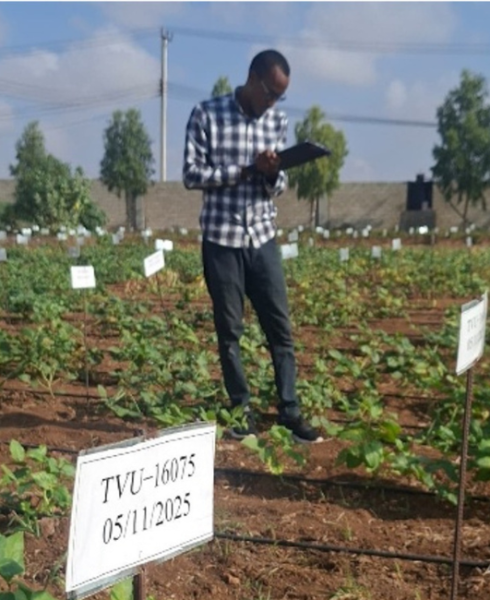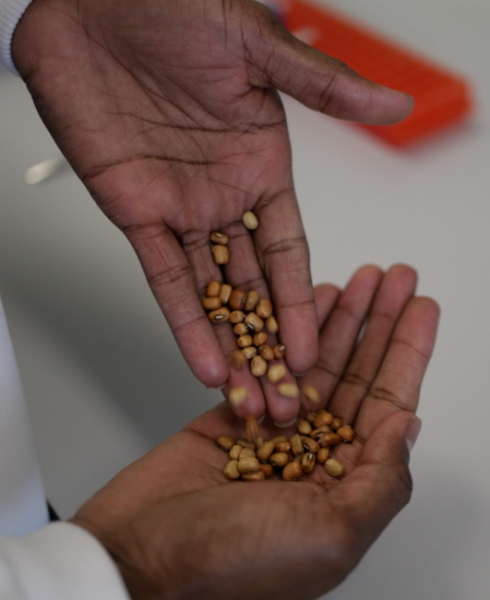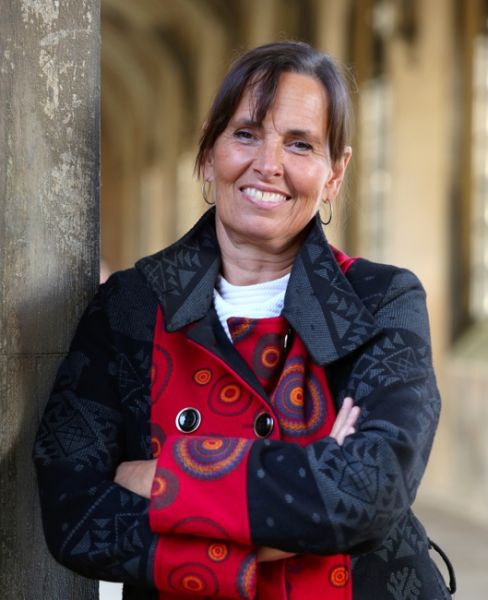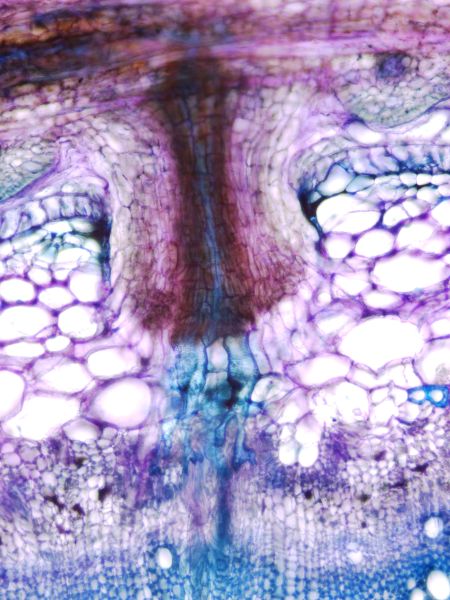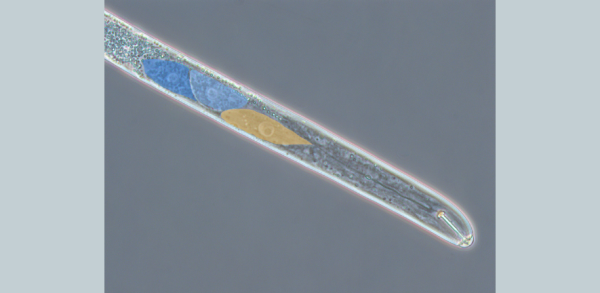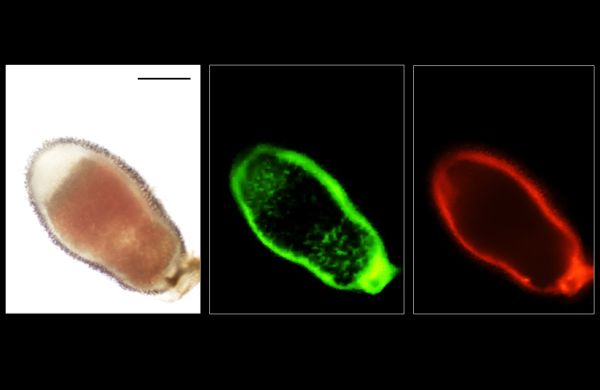A global research team co-led by the University of Cambridge’s Crop Science Centre (CSC) is unlocking the potential of Bambara groundnut in a pioneering project to combat food insecurity and climate change.
Bambara groundnut (Vigna subterranea) is a crop with huge potential to address global food and nutrition security challenges. It thrives in poor soils, supports soil health through nitrogen fixation, and provides a highly nutritious food source – especially valuable in areas affected by poverty, malnutrition, and water scarcity.
A major new UK-CGIAR Centre project led by Cambridge’s Crop Science Centre and the International Institute of Tropical Agriculture (IITA) aims to create the genomic resources and tools to accelerate breeding innovation and develop new varieties of the crop that encourage its wider use.
“Bambara is a hardy climate resilient crop with significant nutritional and soil health improvement qualities,” said Professor Uta Paszkowski, Acting Director of the Crop Science Centre and Cambridge lead for the project. “Despite being widely adopted and having many agricultural and dietary benefits, the plant remains underutilized due to yield instability, long cooking times and adaptation issues.”
“There is a real need to develop cultivars with improved genetic traits. This project aims to create the research platforms needed to facilitate this work,” she said.
“We are very excited that the Cambridge Crop Science Centre is the UK lead for this new UK-CGIAR centre,” said Dr Natasha Yelina, Head of the Crop Breeding Technologies group at the Crop Science Centre and co-PI on the project.
“This fully aligns with the Crop Science Centre’s vision to improve crops for sustainability in Sub-Saharan Africa,” she said.
World-leading consortium
The project brings together a diverse and world-leading consortium of research institutions and development partners.
These include the International Crops Research Institute for the Semi-Arid Tropics (ICRISAT), the Alliance Bioversity International and CIAT–Tanzania, Niab, the University of Nottingham, the Kirkhouse Trust, the University of KwaZulu-Natal in South Africa, and the CSIR–Crops Research Institute in Ghana.
“It’s inspiring to be part of this amazing global alliance with such comprehensive expertise. I am honoured and humbled to be involved and am look forward to working together,” said Dr Yelina.
Dr Hapson Mushoriwa, Head of Breeding at IITA, said “The scientists working on this project have decades of experience in crop genetics and world leading expertise in fields such as legume breeding, crop transformation and gene editing in cereals. We want to take a complimentary approach to research, harnessing the diverse range of expertise and resources each of the partners bring to the consortium.”
The teams will be working in Africa, India and the UK, reflecting the project’s focus on addressing the needs of farmers in Bambara groundnut production areas in West, East and Southern Africa.
Field trials in Africa will be a key part of the project – making the most of the partners’ links with local farmers to develop varieties that perform well in local conditions and that local farmers will welcome.
Improving nutrition and sustainable food production
The work will advance both the genetic tools and the conventional and precision breeding capabilities necessary to accelerate the release of improved varieties of Bambara groundnut. This will help promote wider adoption of the crop by farmers in Africa and potentially other areas like India.
Developing enhanced varieties of the crop will not only aid the national agricultural priorities of the target countries but also contribute to the broader goals of improving nutrition and sustainable food production.
As a significant proportion of small holder farmers in Africa are women, improved varieties with more stable yields may provide farmers in Africa, especially the female ones, with greater economic stability.
Funding
The UK-CGIAR Centre is funded by the UK’s Foreign, Commonwealth and Development Office (FCDO) and the Biotechnology and Biological Sciences Research Council (BBSRC).
The UK-CGIAR Centre’s Secretariat is hosted by CABI, an international, intergovernmental, not-for-profit organisation that improves people’s lives worldwide by providing information and applying scientific expertise to solve problems in agriculture and the environment.
Image: Harvested Bambara groundnut plant with pods. Photo credit: Dr Aloyce Callist Kundy, Tanzania Agricultural Research Institute (TARI) Naliendele, Mtwara.
